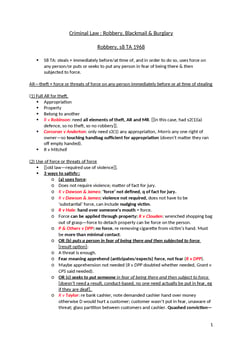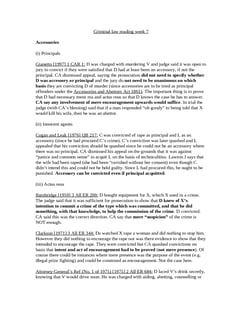Hill v Baxter [1958] 1 QB 277
Judgement for the case Hill v Baxter
Table Of Contents
KEY POINTS
When a person suffers from a sudden and unforeseeable incapacity, leading to a loss of control over their actions, they may be considered to be in a state of automatism. Automatism refers to a condition where a person's actions are involuntary and unconscious, and they lack control over their behaviour.
If a person is in a state of automatism due to a medical condition or unforeseeable event, they cannot be held liable for their actions under the principles of negligence. Automatism essentially negates the element of fault or intent in the person's conduct, as they were not conscious or aware of their actions at the time.
FACTS
The plaintiff, Mr. Hill, was driving his car along a road in Sheffield, England. Suddenly, he claimed that he lost consciousness due to a sudden illness or an unknown medical condition. As a result, his car veered across the road onto the wrong side and collided with the defendant's car, which was coming from the opposite direction.
The defendant, Mr. Baxter, argued that Mr. Hill's loss of consciousness was a sudden and unexpected event, and he could not have foreseen or avoided the collision. Therefore, he contended that he was not at fault and should not be held liable for the accident.
However, Mr. Hill sued Mr. Baxter, alleging negligence on his part. He claimed that Mr. Baxter could have taken evasive action to avoid the collision and that his failure to do so was negligent.
COMMENTARY
The case ultimately raised questions about the standard of care required from a driver when faced with unexpected and sudden events on the road and whether such events could exonerate them from liability in an accident. The court's decision in this case set a precedent for similar situations involving sudden illness or medical emergencies while driving.
ORIGINAL ANALYSIS
Defendant ignored a road sign that said “halt” and carried on, causing his van to crash. He was charged with dangerous driving. Defendant said he had had a “black out” and was not in control of his actions. Two inconclusive medical reports were submitted.
The magistrates allowed this and acquitted him.
-
QB allowed the prosecution’s appeal, saying that Defendant had failed to prove a state of automatism and that the onus was on Defendant to so prove.
Also they said that unless statute provides, medical evidence has no place in establishing mental conditions: it is to be deduced from evidence under oath.
For Further Study on Hill v Baxter

A collection of the best GDL notes the director of Oxbridge Notes (an O...
Need instant answers? Our AI exam tutor is here to help.
Ask questions 🙋 Get answers 📔 It's simple 👁️👄👁️
Our AI is educated by the highest scoring students across all subjects and schools. Join hundreds of your peers today.
Get StartedRelated Product Samples
These product samples contain the same concepts we cover in this case.
| Criminal Law | Defences Short Notes (28 pages) |
| GDL Criminal Law | General Defences Notes (10 pages) |

 Since 2010, Oxbridge Notes has been a trusted education marketplace, supplying high-quality materials from top achievers at universities like Oxford, Cambridge, LSE, Harvard, and Yale.
Since 2010, Oxbridge Notes has been a trusted education marketplace, supplying high-quality materials from top achievers at universities like Oxford, Cambridge, LSE, Harvard, and Yale.